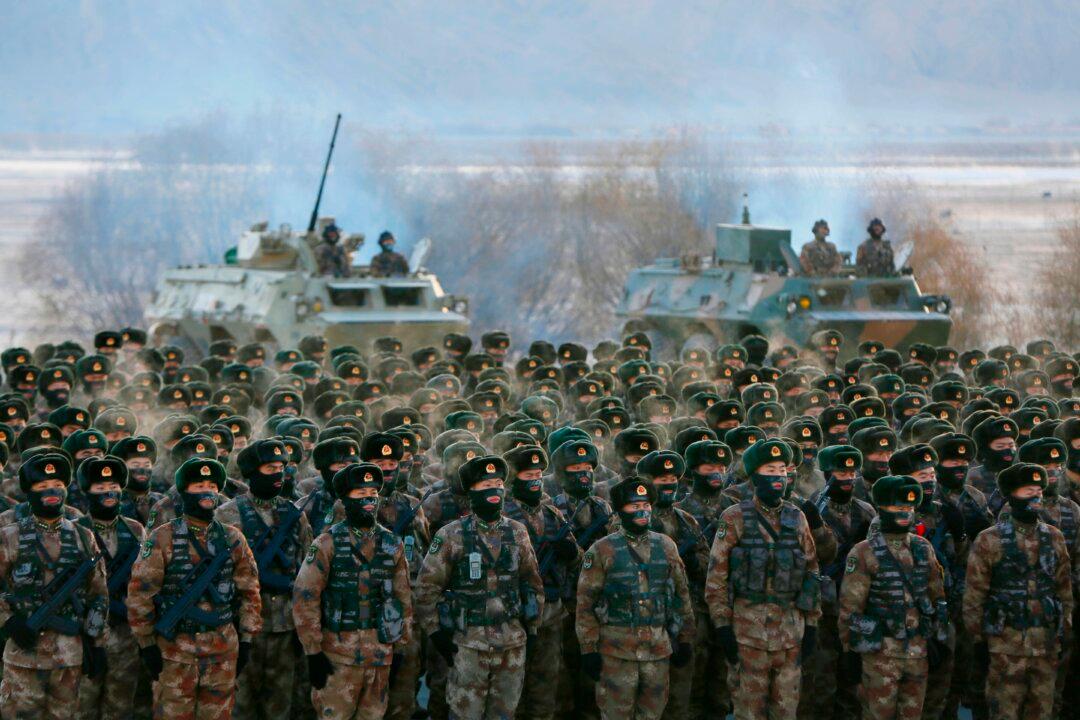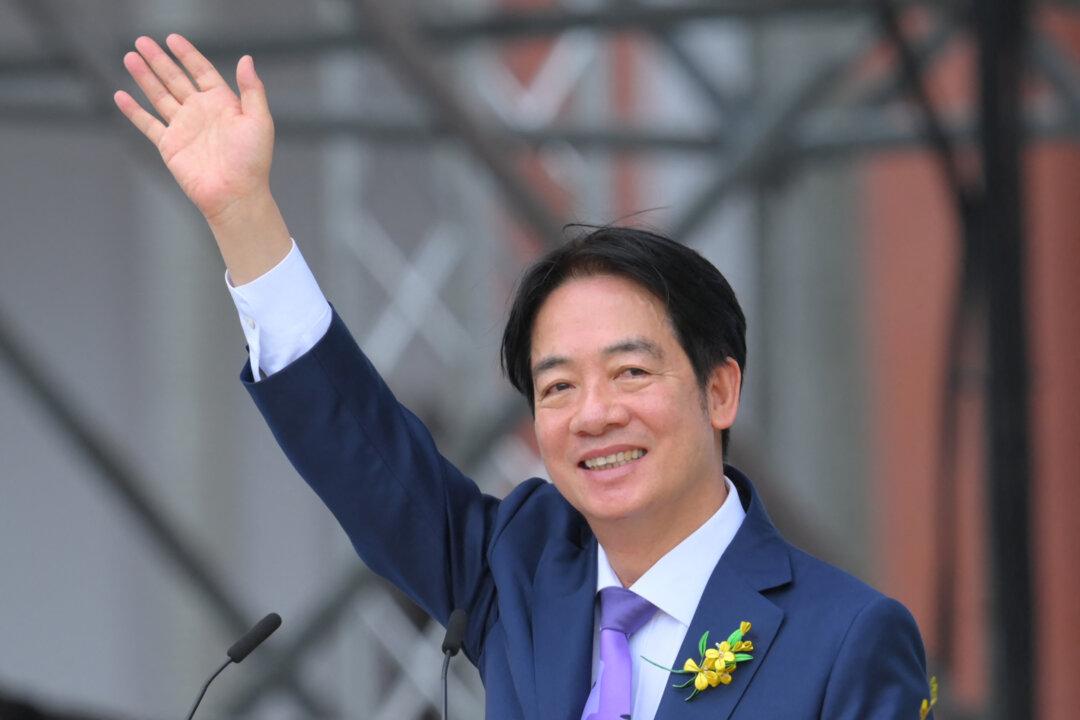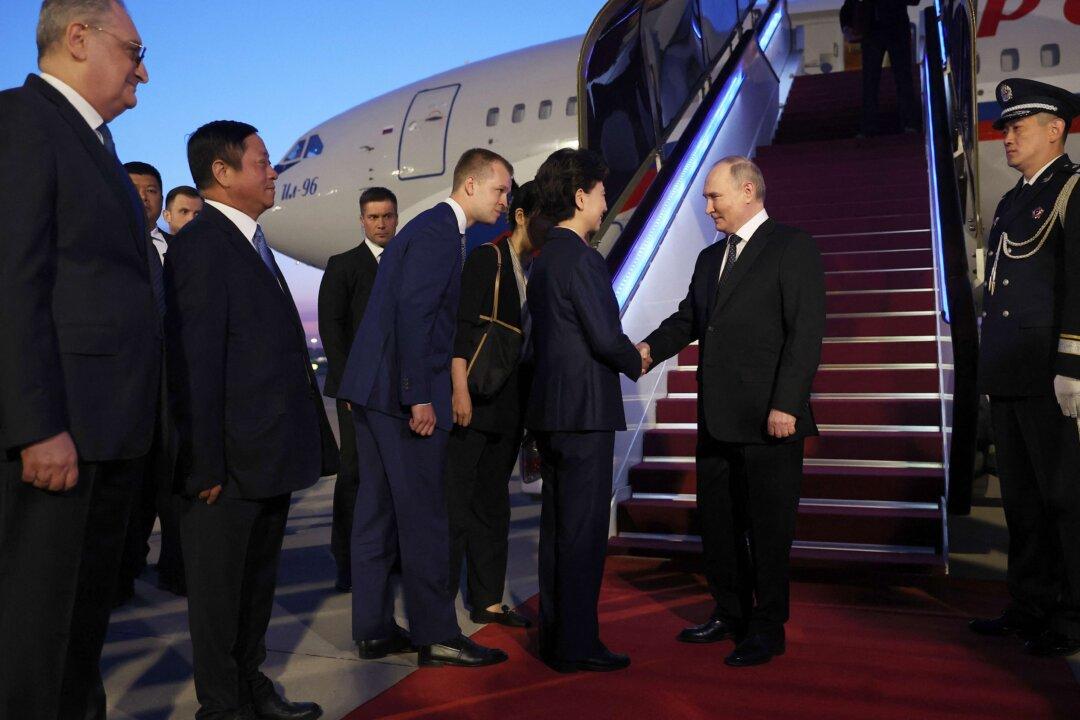Commentary
The Biden administration is the last remnant of the old regime of U.S. foreign policy. Its quixotic negotiations with Russia and, more importantly, its accommodation with China seeks America’s return to the era before the Trump administration, where U.S. strategic interests were ignored and subverted by Chinese influence and lucre.





